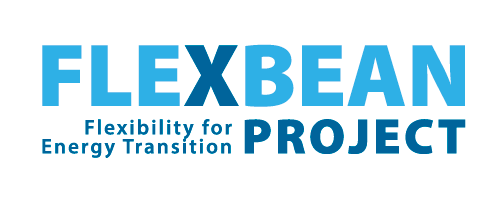
Flexibility from Industries
The Luxembourgish industry represents almost half of the electricity consumption of the country (STATEC). Hence, the industry has a high potential to contribute to the energy transition by offering its demand-side flexibility.
With the increase in electricity prices and their volatility, the industry is having a hard time protecting its business models. Demand-Side Flexibility can help to benefit from this situation by reducing the industry’s electricity bills and obtaining additional revenues by participating in balancing electricity markets.
How could Industries participate in the energy transition and provide flexibility? Why is this important? What are the benefits for the industry?
First of all, it is important to identify the flexibility potential within your company. To do so, the first step is to analyse your manufacturing line to better understand the different processes it constitutes. Processes that can be paused, have a variable output level or can be parallelized have a great potential to offer flexibility. Production storage can also help if it enables the following processes to stop/start. On the other hand, having energy generation and storage systems in the facility also offers large flexibility potential.
Once the demand-side flexibility has been identified, it could be utilized to obtain economic benefits. The general idea is to consume more electricity from the grid when the prices are low and to reduce consumption as much as possible if the prices are high. By having a variable electricity contract, those actions will reduce your electricity bill by decreasing your direct energy costs. Furthermore, by identifying your peak load you can also try to reduce the grid charges by reducing the peak load of your company.
Finally, the flexibility could also be sold as a product to different electricity markets. You will need a minimum bid size (capacity of the offered flexibility) and product length (duration of the offered flexibility) that you would need to provide. For participating in these markets, you will obtain a direct payment for the offered flexibility, having therefore access to a new revenue source. Currently, the TSO of Germany (Amprion) is responsible for the balancing electricity markets. You can visit their website to obtain more information: www.amprion.net
How would my company participate in and profit from the FlexBeAn project?
Together with FEDIL and the industry of Luxembourg, we held a workshop about Demand-Side Flexibility (in Febuary 2023). In the workshop, we clarified the flexibility concept, and we exchanged ideas and concerns. Finally, we are offering the industry of Luxembourg our help to identify the demand-side flexibility potential within their companies by answering to the following questionnaire: Industry Flexibility Questionnaire

